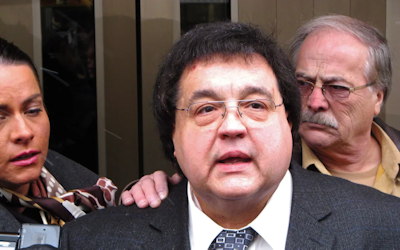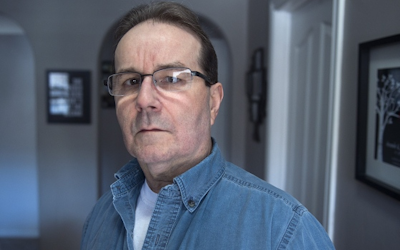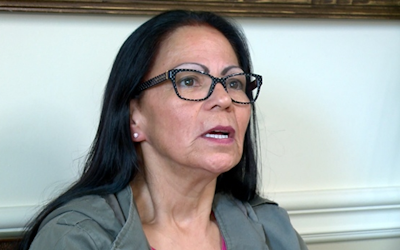The term "jailhouse informants" refers to incarcerated persons who testify that a fellow inmate made incriminating statements to them. This type of evidence is dangerous because it is often powerfully incentivized by benefits such as a favourable plea deal, release from custody, or improved prison conditions, offered in exchange for the informant's testimony. Evidence from jailhouse informants contributed to over 15% of Registry wrongful convictions.
The Inquiry into Guy Paul Morin’s wrongful conviction recommended that safeguards be put in place to mitigate the risks posed by jailhouse informant testimony, including restrictions on the incentives that state actors are permitted to offer, pre-trial hearings to assess the reliability of the evidence, and exacting standards of disclosure (see the Disclosure Spotlight). The Inquiry into Thomas Sophonow’s wrongful conviction went further, finding categorically that this evidence could not be responsibly used for the purpose of securing criminal convictions.
None of these reforms have been implemented, though prosecutors seeking to rely on this evidence must generally obtain the approval of senior colleagues. Over two decades since the Sophonow Inquiry, the testimony of jailhouse informants is still used in criminal trials.










